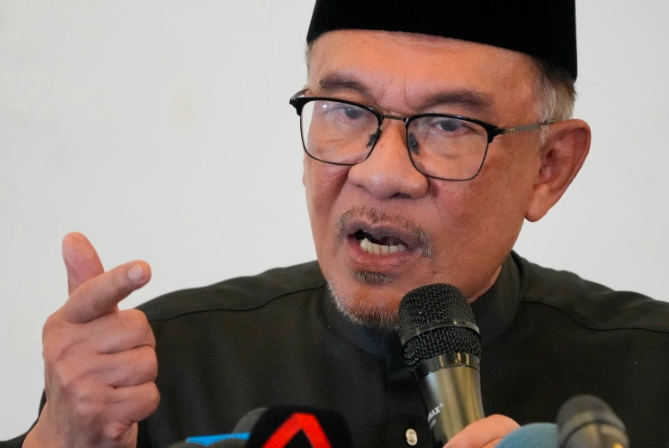A REBOUND of the ringgit towards end-November – particularly following the appointment of Datuk Seri Anwar Ibrahim as Malaysia’s 10th Prime Minister (PM) – will probably have a positive impact on existing inflationary pressure through moderate food import inflation.
IN TA Securities Research observation, the local currency has appreciated to trade below the RM4.60/US$ level since November 13, thanks to improving sentiment resulting from the possible less aggressive approach by the US Federal Reserve in its upcoming December meeting.
“On top of that the ringgit continues to improve with Anwar’s appointment as PM10. The ringgit closed below RM4.50/USD level during the day,” wrote economist Farid Burhanuddin in a recent economy update.
“We also believe that the slight downward trend in global commodity prices and a slowing of regional food inflation may lessen Malaysia’s inflation pressure.”
As such, TA Securities Research expects the headline inflation rate to increase at a more moderate pace in 4Q 2022 after it peaked by 4.5% year-on-year (yoy) in 3Q 2022.
In October 2022, Malaysia’s headline inflation as measured by the consumer price index (CPI) moderated further by 4.0% yoy to 128.6 points, slightly above the research house’s (3.8% yoy) and consensus forecast (3.9% yoy).
Notably, food prices continued to be the leading cause of the increased inflation rate due to the still-high commodity prices.
Although Bank Negara Malaysia (BNM) expects headline inflation to remain elevated in 2023 amid demand and cost pressure with risk “tilted to the upside”, CGS-CIMB Research expects this to moderate with the eventual formation of a new government.
“We anticipate inflation containment efforts to continue in line with the pledge given to prioritise in addressing the rising cost of living,” projected chief economist Nazmi Idrus.
“We maintain our CPI forecast at 3.1% in 2022 and 3.2% in 2023. In our view, the continued rise in core inflation could indicate further monetary policy tightening ahead. We expect two 25bp (basis points) hikes, bringing the OPR (overnight policy rate) to 3.25% at end-2023.”
Kenanga Research also expects headline inflation to ease to 2.5% from its previous forecast of 4.2% largely due to the formation of the new unity government.
“We reckon the coalition government may continue to provide fuel subsidies and other price control measures to curb rising inflationary pressures,” opined head of economic research Wan Suhaimie Wan Mohd Saidie and team.
“Given the stronger-than-expected domestic growth and persistently elevated core inflation, we expect BNM to raise the OPR by another 25 basis points at its next meeting on January 18-19, 2023.”
However, the research house reckoned that the central bank will end its tightening cycle there, leaving the policy rate at 3% and matching its long-term neutral rate as it positions itself for a likely economic slowdown next year. – Nov 30, 2022
Main photo credit: Al Jazeera









